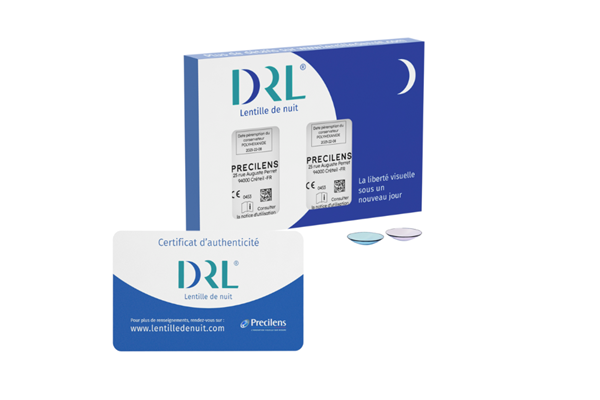联系我们
地址:上海市普陀区武威路88弄15号
邮编:200331
电话:(+86) 021-50498986
Email:info@pioneer-pharma.com
2016年8月11日讯
/生物谷BIOON/ --英国制药巨头阿斯利康(AstraZeneca)抗癌药MEK
1/2抑制剂selumetinib近日在肺癌III期临床研究(SELECT-1)惨遭失败。该研究在510例KRAS突变阳性(KRASm)局部晚期或转移性非小细胞肺癌(NSCLC)患者中开展,评估了selumetinib联合多西他赛化疗用于二线治疗的疗效和安全性。数据显示,与安慰剂+多西他赛相比,selumetinib联合多西他赛未能显著延长无进展生存期(PFS),未能达到研究的主要终点;于此同时,selumetinib也未能显著延长总生存期(OS)。安全性方面,selumetinib相关不良事件与之前的研究中一致。该研究的详细数据将提交至未来召开的医学会议。
09 August 2016
AstraZeneca today announced results from
the Phase III SELECT-1 trial of the MEK 1/2 inhibitor, selumetinib, in
combination with docetaxel chemotherapy as 2nd-line treatment in patients with KRAS mutation-positive (KRASm)
locally-advanced or metastatic non-small cell lung cancer (NSCLC).
The results showed that the trial did not
meet its primary endpoint of progression-free survival (PFS), and selumetinib
did not have a significant effect on overall survival (OS). The adverse event
profiles for selumetinib and docetaxel were consistent with those seen
previously.
Sean Bohen, Executive Vice President,
Global Medicines Development and Chief Medical Officer at AstraZeneca, said: “A
randomised Phase II trial showed promising activity of selumetinib in
combination with docetaxel in patients with KRASmutation-positive
lung cancer. It is disappointing for patients that these results have not been
confirmed in Phase III. We expect to present data at a forthcoming medical
meeting. We remain committed to further developing treatments in the lung
cancer setting, such as our immunotherapy combinations and targeted EGFR
treatments.”
SELECT-1 is an international trial with 510
randomised patients in over 200 centres. Patients received either selumetinib
(75mg, orally, twice daily) or placebo in combination with docetaxel
(intravenously, 75mg/m2, on day one of every 21-day cycle).



 沪公网安备 31010702003670号
沪公网安备 31010702003670号